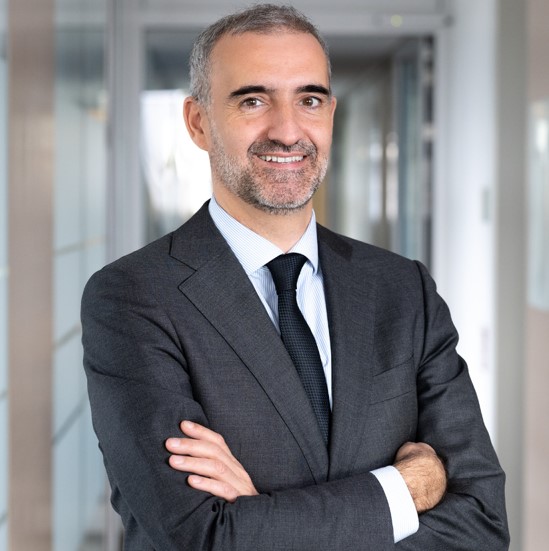Fund Management
Luxembourg Funds Industry Confident That It Can Ride Out Market Storms

During a recent meeting with journalists, the CEO of the Luxembourg funds industry discussed the popularity of alternative funds, what he thinks about risks to sectors including credit, and the need to get more European savers' money out of low-yielding cash.
The overwhelming majority of Luxembourg-domiciled funds that are
in the alternative investments space – such as private equity and
hedge funds – are closed-ended and should withstand a liquidity
crisis, the European jurisdiction’s funds industry argues.
ALFI – the Association
Of Luxembourg Fund Industry – says Luxembourg is
home to €7.6 trillion ($8.9 trillion) in assets under
management in funds, of which about a third are in alternative
investments. The jurisdiction, like others, has seen a rise in
popularity of private market investments, including those in the
private credit space.
Some senior organisations are starting to fret about private
credit – occasionally dubbed “shadow banking.”
Last week, Kristalina Georgieva, head of the International
Monetary Fund, reportedly said the potential risk from private
credit “keeps me awake every so often at night...We know that the
non-banking financial institutions do not enjoy the same level of
regulatory oversight as banks do.” Concerns about the $3
trillion sector have been sparked by the collapse of US subprime
auto lender Tricolor, and auto parts supplier First Brands. In
April 2024 the IMF said the sector poses risks but they are not
systemic.
Asked how robust Luxembourg’s funds sector is in the face of a
potential market blow-out, Serge Weyland (pictured), ALFI’s CEO,
told journalists in London that the closed-ended nature of most
alternative funds was protection against the kind of pullout rush
that can affect open-ended portfolios during tough market
conditions.
“If a liquidity crisis hits I’m not too concerned about risks to
Luxembourg to that extent,” Weyland said.
Alternative investment funds (AIFs) and the regulatory
environment created by the European Union after the 2008
financial crisis, with its focus on stress-testing, controls on
liquidity and disclosure requirements, were important changes to
consider in thinking about risks, Weyland continued.
“The regulatory framework cannot be compared with what existed
before 2008,” he said. “Investors have a better
understanding of what liquidity is,” he said, referring to
understanding “gating” on investments, special liquidity
provisions and so forth.
Another benefit of widening the array of asset classes, Weyland
said, is that this diversifies sources of return and that’s
positive from a risk point of view.
According to The Private Debt Fund Survey 2025 by KPMG
and ALFI,
issued a few days ago, Luxembourg's private debt market grew
by 24.7 per cent in assets under management between December 2023
and December 2024. Luxembourg debt funds use three main debt
strategies: direct lending (52 per cent), mezzanine (17 per
cent), and distressed debt (11 per cent).
Taking more risks to boost growth
Separately, Weyland reflected on a recent report from ALFI and
McGill University –
see here – on how European policymakers must encourage
investors to put more into risk assets to boost the region’s
long-term economic performance.
With €2.6 trillion of alternative assets funds in Luxembourg,
growth is likely to continue; deal activity has picked up in
recent months after a difficult period in the aftermath of the
pandemic and after the rise in interest rates, Weyland
said.
Structures such as the European Long Term Investment Fund, aka
ELTIF, and its second iteration – ELTIF 2.0 – is a product that
is “gaining momentum,” he continued. ELTIF 2.0 was
introduced in 2024 to make long-term investments more accessible
to retail and institutional investors across Europe.
Across continental Europe, retail investors are some way off from
participating in such investments, and they still have a long way
to go before deploying money into more traditional listed
markets, he said. “Most individuals are still sitting in cash!”
Weyland said.